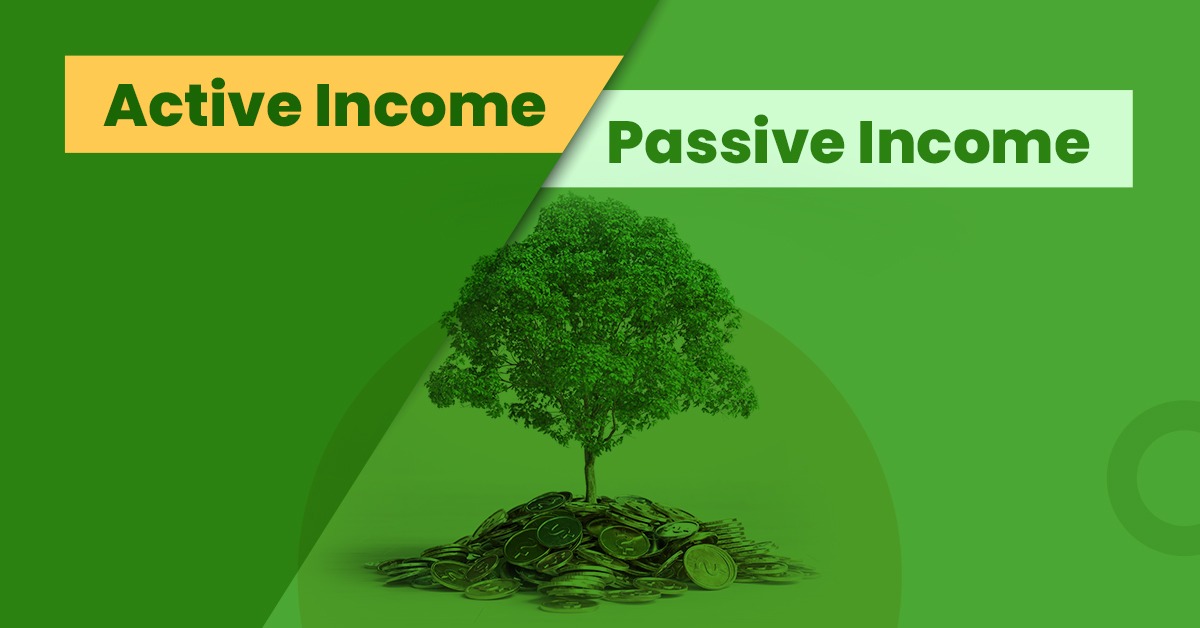
In the world of personal finance, two prominent terms frequently come up: active income and passive income. These are the two primary ways individuals earn money, each with its own unique characteristics and tax implications. Understanding the differences between these income streams and their corresponding tax considerations is crucial for making informed financial decisions. In this post, we’ll delve into the concepts of active and passive income, discuss their tax implications, and provide insights into optimizing your financial strategy.
Active income refers to earnings that result from direct effort and time spent working. This includes wages, salaries, commissions, and self-employment income. The primary characteristic of active income is the direct exchange of your time and expertise for compensation. While active income provides immediate cash flow and stability, it often comes with limited time flexibility and scalability.
1. Income Tax:
Active income is subject to regular income tax rates. The more you earn, the higher your tax liability becomes. In addition, many countries have a progressive tax system, which means higher earners pay a larger percentage of their income in taxes.
2. Self-Employment Tax:
If you’re self-employed, you’re responsible for both the employer and employee portions of Social Security and Medicare taxes. This can significantly impact your take-home earnings.
3. Limited Deductions:
Deductions for business-related expenses are available, but they may be limited compared to the deductions available for passive income activities.

Passive income, on the other hand, involves generating earnings with minimal active involvement after the initial setup. This can come from rental properties, dividends from stocks, interest from investments, royalties from intellectual property, and income generated from online businesses. While building passive income streams requires upfront effort and sometimes financial investment, they can provide financial independence and flexibility in the long run.
1. Different Tax Treatment:
Passive income is often taxed at a different rate than active income. In many jurisdictions, passive income is subject to lower tax rates or may even qualify for special tax breaks.
2. Capital Gains Tax:
Gains from selling investments, such as stocks and real estate, are typically subject to capital gains tax, which can be more favorable than regular income tax rates. The tax rate depends on how long you held the investment (short-term vs. long-term).
3. Depreciation Benefits:
If you own rental properties, you can take advantage of depreciation deductions. This allows you to deduct a portion of the property’s value over time, reducing your taxable income.
Both active and passive income play vital roles in your financial journey, and understanding their respective tax implications is key to making informed decisions. While active income offers stability and immediate cash flow, passive income presents opportunities for financial independence and flexibility. By optimizing your financial strategy and leveraging the right tools and accounts, you can navigate the complex landscape of taxes and work towards building a more secure and prosperous future.
Thinking of Passive Income opportunities, Click on Invest With Us.
This is great, I learned a lot reading this. Thanks for dedicating time to create the financial blog.